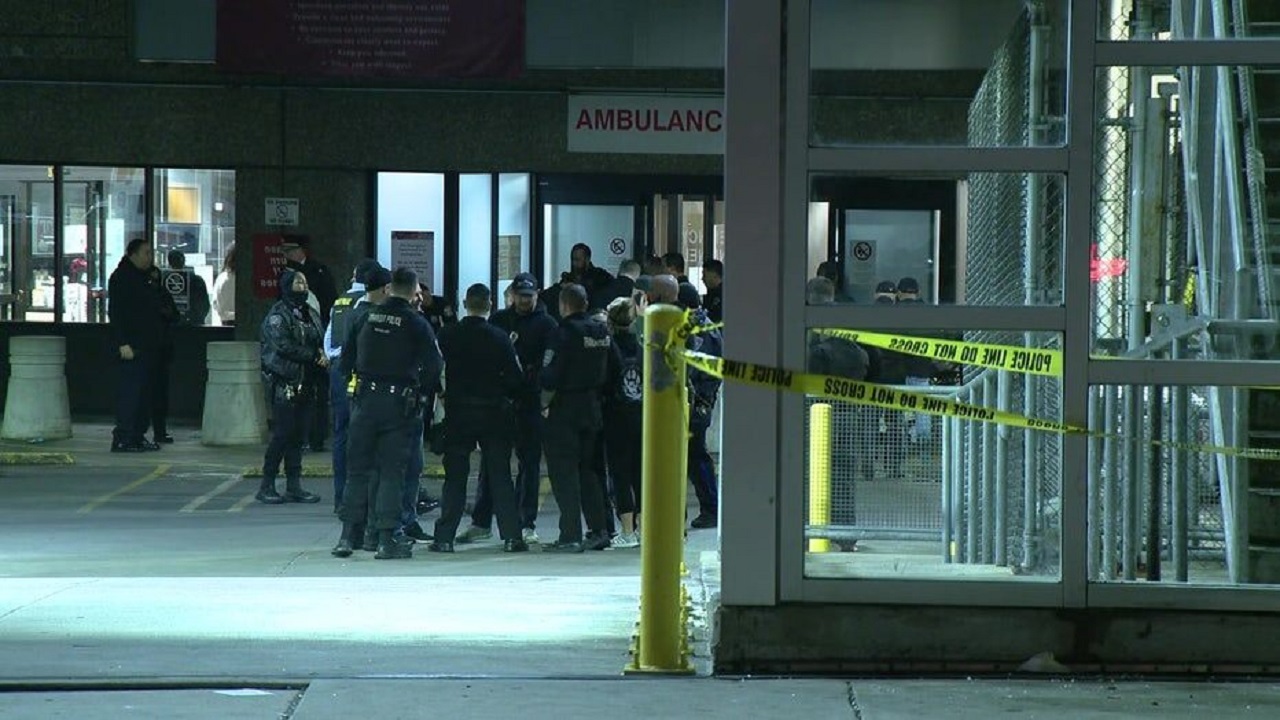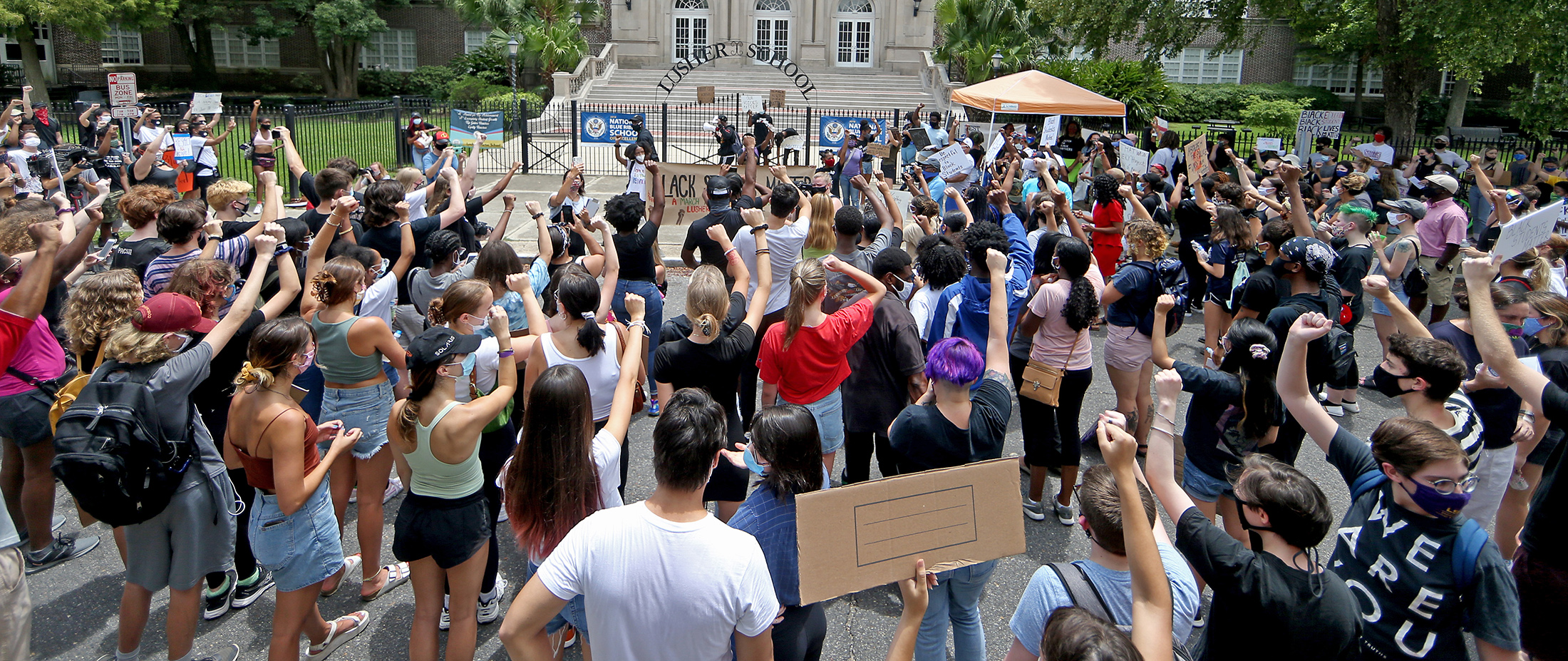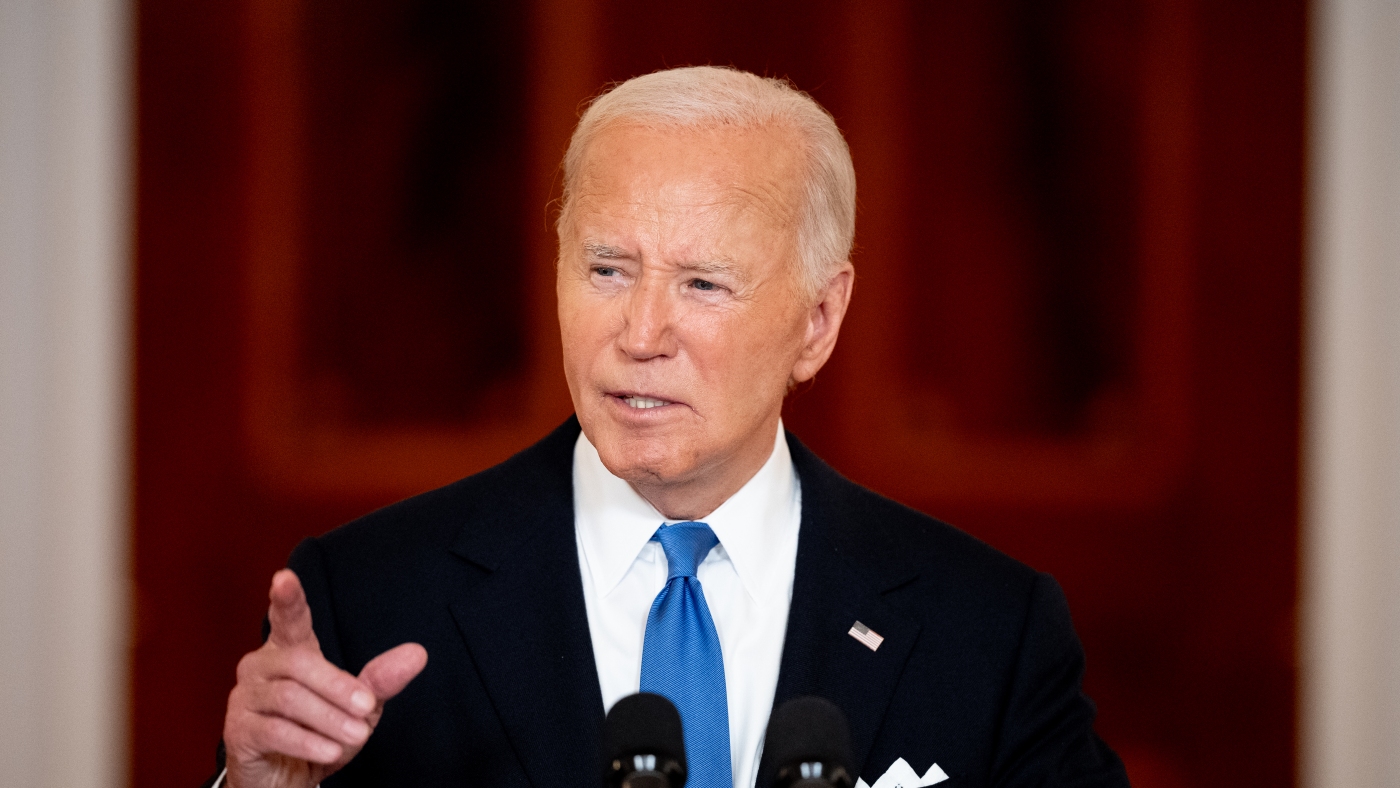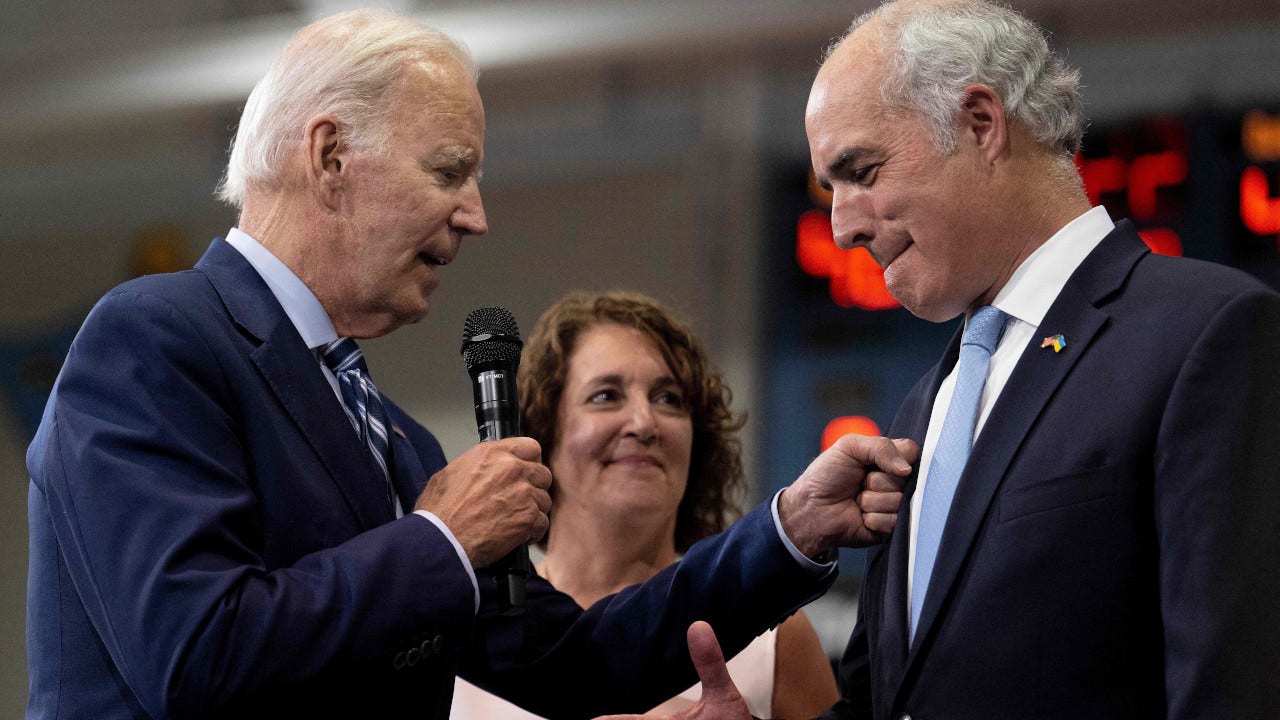Much attention has been given to Louisiana’s House Bill 71 recently signed into law, which requires every public school — including state universities — to prominently display the Ten Commandments in all classrooms. But HB 71 wasn’t the only bill Gov. Jeff Landry signed in the state’s “Dream Big” education plan.
The recent bills passed in Louisiana ranged from the mundane to the much more consequential for students, teachers, parents and communities. Taken together, the “Dream Big” education plan is a Christian nationalist dream come true and foreshadows what’s next in terms of legislation by extremist state governments across the United States.
Here is a summary of each of the bills that passed as part of “Dream Big.”
Mundane bills
- SB 205 sets when and how annual teacher compensation is published as well as a minimum hourly wage for employees and the requirements for supplemental compensation.
- SB 508 mandates tutoring for students in grades K-5 who are performing below grade level in reading and math.
- HB 244 expands an existing program for supplemental literacy support to include support in math, too.
- HB 267 mandates math testing and intervention in grades K-3.
- HB 424 mandates all public schools implement a 10-point grading scale.
- HB 940 authorizes the issuance of bonds to fund deferred maintenance and capital projects at state colleges and universities.
- HB 967 provides guidelines for the rehiring of retired teachers during times of critical shortage.
So far, so good. Nothing too radical in any of the above bills. But then …
The anti-vaxxers’ gift
- HB 46 eliminates the requirement that students receive a COVID-19 vaccine to enroll in school.
- HB 47 requires that when schools communicate vaccine requirements to families, they must also provide information on opting out of all vaccines.
- HB 908 prohibits schools from “discriminating” against students based on vaccine status including making determinations on athletics based on a student’s vaccine record.
While many who support vaccines might support the elimination of COVID-19 vaccine requirements, the other vaccine bills should raise concern. Student athletes in high-contact sports like football, basketball and wrestling risk coming into contact with blood and sweat from other players. Until last week, Louisisana, along with 41 other states, required the Hepatitis B and Meningitis vaccines, among others. Now, Louisiana has done away with a major enforcement mechanism to ensure all students are safe.
“Now, athletics coaches will be unable to ‘discriminate’ against students by enforcing a vaccination mandate — and not just for COVID.”
Previously, if a student wanted to participate in a high-contact sport, they were required to get these vaccines to protect themselves and the other students they are in close contact with. Now, athletics coaches will be unable to “discriminate” against students by enforcing a vaccination mandate — and not just for COVID.
This is a huge win for the anti-vaxxers.
The bills Intended to undermine public schools
HB 644 forces public schools to allow homeschool students to participate in the school’s extracurricular activities or, more importantly, interscholastic athletics, even though the student doesn’t attend school there.
SB 313 establishes school choice accounts for each student in the state — essentially defunding public schools. This bill also provides a work-around for individuals to use state funds to pay for religious or faith-based schools (a violation of the First Amendment’s separation of church and state).
It is no secret both Republicans and Republican Christian nationalists have been attempting for years to defund public schools and to access the funds intended to provide free education for all students. These two bills do just that.
Since failing to enact federal legislation years ago, Republican state legislators have been trying for years to pass bills forcing public schools to allow homeschool students to play on interscholastic sports teams. For some public school students, the only thing giving them joy and purpose is the chance to play sports for their school. Now, homeschool students get an equal shot at the coveted public school team spots.
And it’s no surprise that school choice continues to show up in legislation in red states. Defunding the public schools has long been the goal of Republican lawmakers. Whether implementing school vouchers or school choice accounts, the end result is that middle-class and wealthy families get money to help fund the private schools they’ve already been sending their kids to for years.
The kids hurt most by efforts like this are the poorest of the kids whose public schools are defunded in the process. Even more alarming is that taxpayer funds will be diverted to pay for religious and faith-based schools.
The Christian nationalist agenda
Finally, we get to the most alarming of the bills contained in the “Dream Big” education plan. It is worth quoting at length some of the language contained in these bills.
HB 71 requires that a copy of the Ten Commandments no smaller than 11”x14” be prominently displayed in all classrooms in the state (elementary through college). The Ten Commandments may be presented alongside copies of the Mayflower Compact, the Declaration of Independence and the Northwest Ordinance.
“Recognizing the historical role of the Ten Commandments accords with our nation’s history and faithfully reflects the understanding of the founders of our nation with respect to the necessity of civic morality to a functional self-government,” the law says. “History records that James Madison, the fourth president of the United States of America, stated that, ‘We have staked the whole future of our new nation . . . upon the capacity of each of ourselves to govern ourselves according to the moral principles of the Ten Commandments.’ Including the Ten Commandments in the education of our children is part of our state and national history, culture, and tradition.”
Another big problem: James Madison never said that. There is no documented record of him having said that.
The law continues to state the exact text of the Ten Commandments to be posted:
The Ten Commandments
I AM the LORD thy God.
Thou shalt have no other gods before me.
Thou shalt not make to thyself any graven images.
Thou shalt not take the Name of the Lord thy God in vain.
Remember the Sabbath day, to keep it holy.
Honor thy father and thy mother, that thy days may be long upon the land which the Lord thy God giveth thee.
Thou shalt not kill.
Thou shalt not commit adultery.
Thou shalt not steal.
Thou shalt not bear false witness against thy neighbor.
Thou shalt not covet thy neighbor’s house.
Thou shalt not covet thy neighbor’s wife, nor his manservant, nor his maidservant, nor his cattle, nor anything that is thy neighbor’s.
Another problem: Jewish and Christian scholars alike have protested this English translation of the commandments, which not only are translated differently across traditions but are even numbered differently by Jews than by Christians. There is no singl agreed-upon English translation of the Ten Commandments.
The law further states: “The Mayflower Compact of 1620 was America’s first written constitution and made a Covenant with Almighty God to ‘form a civil body politic’. This was the first purely American document of self-government and affirmed the link between civil society and God.”
HB 121 is called the “Given Name Act.” Citing the Fourteenth Amendment and the right of parents to govern their children’s upbringing, HB 121 requires “employees and students must refer to everyone by their ‘given name’ on their birth certificate and their sex defined there.” Any employee who refers to a student by a pronoun other than is presented on the student’s birth certificate faces punishment.
HB 122 forbids teachers and school employees in public schools from mentioning/discussing “gender identity” or “sexual orientation” with students. “Nothing in this section shall be construed to mean a student may not seek out guidance from a teacher or licensed mental health professional outside classroom hours with prior parental consent.” (emphasis added)
HB 320 repeals the various statutes mandating that schools provide age-appropriate lessons for students on a variety of topics including:
- How to perform CPR
- Identifying and reporting child assault and abuse
- Preventing substance abuse (including warnings that mixing opioids and alcohol can result in accidental death and all in-school support services related to substance abuse)
- Sex education (including information to high school junior and senior females on “breast self-examination and the need for regular pap smears” and Louisiana’s Safe Haven law which allows anyone to leave a newborn in a designated safe place and avoid prosecution)
- Mental and emotional health (including “preventative measures like diet, exercise and stress reduction”)
- Eating-disorder awareness and prevention
- Internet safety (including how to identify and report predators)
- Bullying (including how to identify and report it)
HB 320 also repeals the training for teachers and employees in public schools on the following topics:
- “Positive behavioral supports and reinforcement, conflict resolution, mediation, cultural competence, restorative practices, guidance and discipline, and adolescent development”
- Recognizing and intervening to stop bullying
- Suicide prevention
- Information on “adverse childhood experiences” or how “all types of abuse, neglect, and other traumatic childhood experiences (are) linked to lifelong health and social problems”
- How to deal with sudden cardiac arrest
HB 320 now puts the state Department of Education in charge of whether and how any of these topics will ever be offered by schools again.
HB 334 allows schools to accept either paid or volunteer chaplains. These chaplains have no requirements other than passing a background check and are released from all liability for “any action taken or statement made in adherence with the provisions for service, support, and programs for students.”
HB 647 places total control of instruction under the Department of Education rather than the independent school districts. Generally, states set curriculum standards and each school district decides how best to meet those standards using whichever curriculum or lessons teachers feel best meets the standards and the needs of their students. Now, the state’s Department of Education will maintain a list of which standards are required and which are not along with the topic or subject matter teachers may use to fulfill that content standard. For example, the state will dictate whether topics or lessons on the Civil Rights Movement should be included to fulfill the history standards.
None of these bills are a surprise to anyone who has been watching how Christian nationalists have been attempting to control all aspects of education — from initiating book bans and forbidding the teaching of certain topics, to forbidding age-appropriate sex education and conversations about gender identity to putting Christian religious instruction in the schools.
Since Louisiana’s sweeping “Dream Big” education plan was signed into law, state legislatures across the South have begun echoing their intention to do the same with their public school systems. We should all take notice.
Mara Richards Bim is serving as a Clemons Fellow with BNG. She is a recent master of divinity degree graduate from Perkins School of Theology at SMU. She also is an award-winning theater practitioner, playwright and director and founder of Cry Havoc Theater Company that operated in Dallas from 2014 to 2023.
Related articles:
The Ten Commandments meet the Golden Rule | Opinion by Greg Hunt
Fighting Ten Commandments law is part of ‘the civil rights movement of our generation,’ ACLU leader says
Why is this still happening? | Opinion by Holly Hollman





























